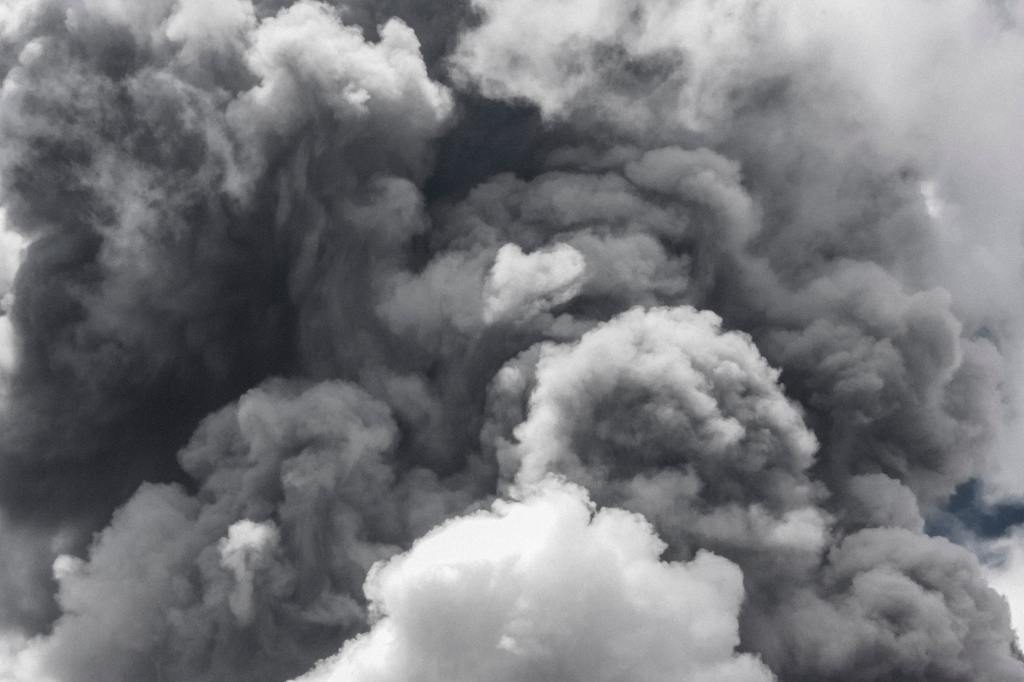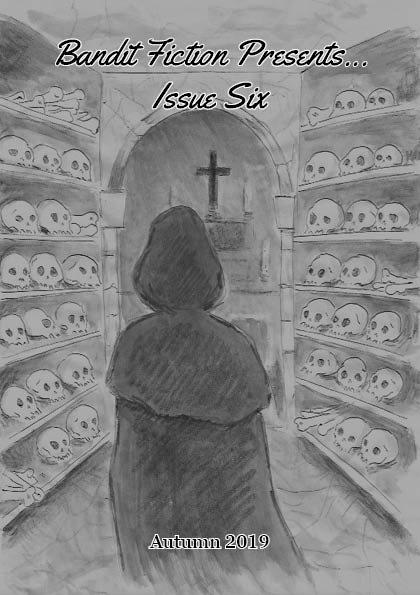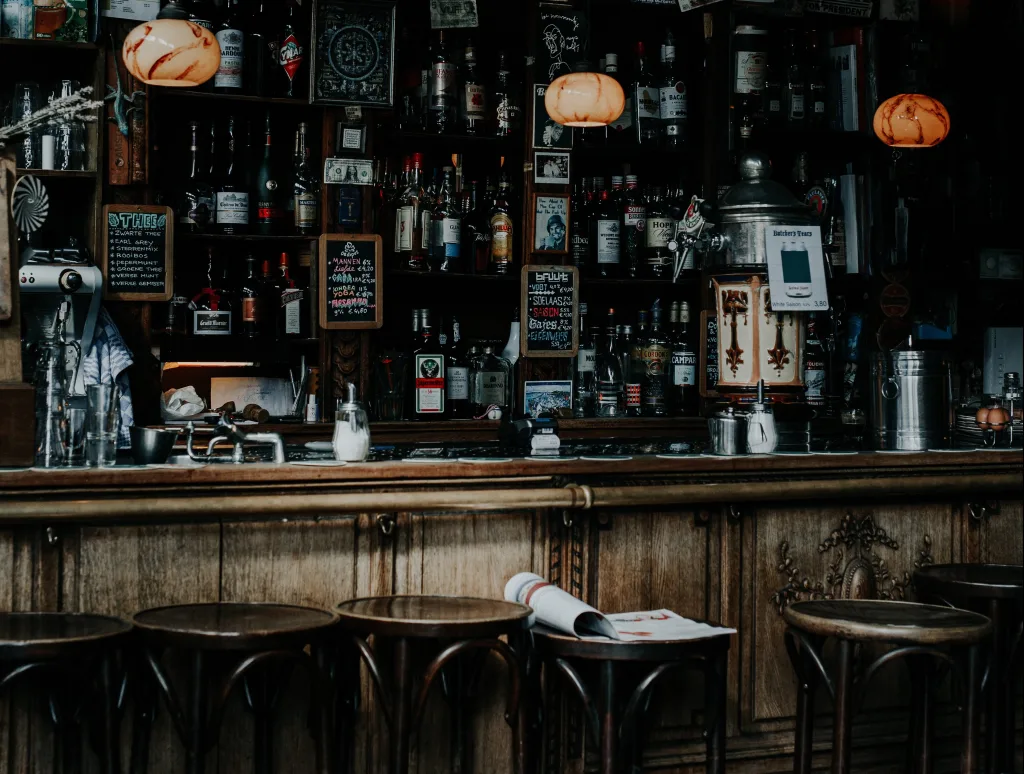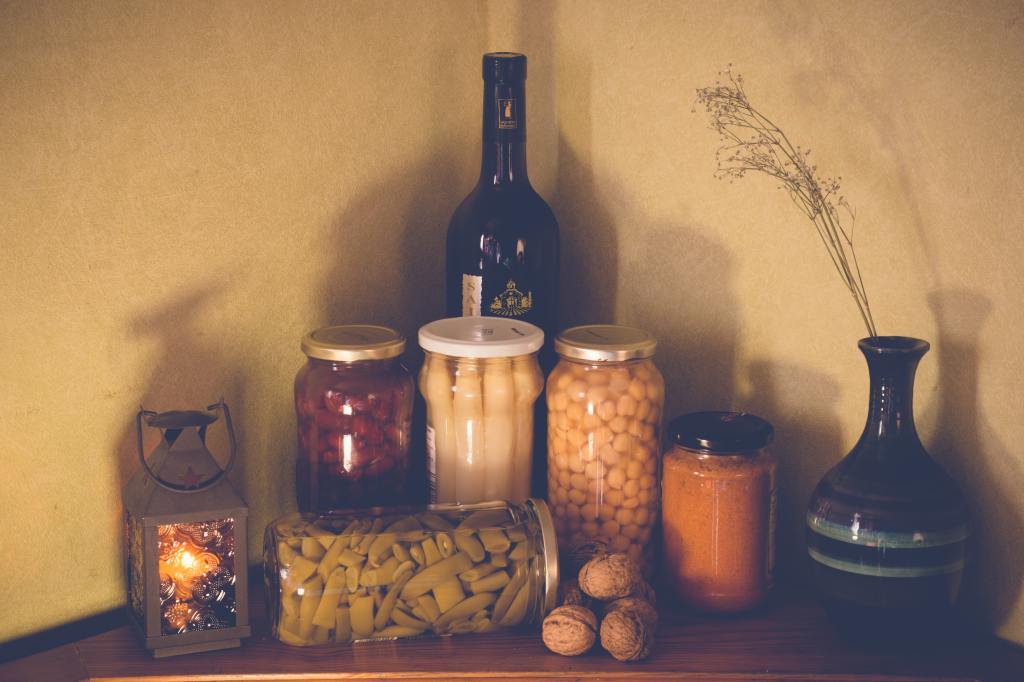
I remember the day when Charles’ parents moved to town. They came from the city, which was an intimidating thing for us in our small slice of English countryside. They hadn’t had Charles yet, but they did have another baby, about two years old I think – I never learned its name. They were friendly enough people back then, and in the first few weeks I often saw them walking up and down the road, arm in arm, taking in the fresh air and smiling in the falling sun.
Perhaps three weeks after they arrived, they were pushing the little girl, maybe a boy, down the road where a couple of us were walking to The Victoria Inn. The pub has since closed down, but me and a couple of the other old boys used to spend our evenings there as often as we liked. We knew so little about the newcomers that we thought it was time we introduced ourselves, and we invited them with us.
“Oh no, we couldn’t,” said the mother. “We have to put the little one down for bed.”
“Well, come and join us afterwards,” I said. “Lay the baby down and come and have a pint. I’ll get the first round.”
“I don’t know. We can’t really leave a baby alone.”
“We were all raised the same way. You’re living in the sticks now. Life is easier and everything’s closer than you think,” I said, breaking the ice with a chuckle.
It took a little convincing, but in the end I think their desire to fit in won out, and they went home to tuck the baby in and then joined us soon afterwards. It was summer, and the pub had a garden where you could look out over the fields and watch the spectrum of warm colours all turn into the same purple as they fell behind the stretches of golden corn.
It was obvious enough from the get-go that they were not heavy drinkers, or perhaps not even drinkers at all, because after only two each they were giggling away and telling us all manner of things about themselves. The old boys and I, not having much excitement in our own lives to speak of, decided to go along with it. Soon we learned that they were teachers, had married young and were proud Christians. Okay in our books.
“So what brings you here, then, to the ends of the earth?”
“Well,” the father said, darkening slightly. “My parents-in-law, her mother and father, passed away, sadly, and left us their house here.”
“Ah yes, we remember them. Nice people. Quiet people. God rest their souls.” We all nodded assent.
“And so we thought we would pack up and take the house. When does a chance like this come around, to raise your child in the country?”
“Right you are.” We sipped our ales, happily basking in the new friendship of like-minded people. “And a lovely house, too. I’ve always had my eye on that place. You get tired of it, you know a man who’ll have it,” I added.
“Well, we’re quite attached,” the father said. “Only a few problems with the gas, but that won’t worry us too much until the winter.”
We all chuckled in that easy way.
The evening trundled along and, when darkness fell, we all drained our glasses and bid the innkeeper farewell, as we usually did. It was church in the morning, and we wanted a good night’s sleep to look our best.
It was a five-minute walk home for us all, more or less, and in the same direction. I lived just further than Charles’ parents, so I ended up walking them back. After we’d dropped off the other chaps and before we reached the house, however, I caught a faint smell in the air. There not being any light, and certainly no street-lights, the smell became an obvious thing, and when I mentioned it to the father he said he noticed something similar. At the same time we realised what we were smelling was smoke.
Both of us set off at a jog, wanting to swiftly put the fear to rest. We turned the corner and found a few of our neighbours standing at the end of the newcomers’ driveway.
“We’ve called the fire brigade,” one woman in a thin nighty with curlers in her hair shouted to us. “But they’ll be some while. It’s a relief no-one was inside.”
But the father had already reached the front door.
“It’s just that one room, too, for the time being,” the woman added. “It doesn’t seem to have spread, thank God.”
Charles’ mother started screaming as soon as she saw the scorched outer walls of her house and the faint glow of fire from within. I had to hold onto her to try and calm her down and field questions from the growing crowd. She was pounding her fists against my chest and sobbing in great ugly bursts.
It was five minutes before the fire brigade pulled up, and they put out the flames in seconds. As soon as the hose was off, the mother rushed inside and found the father lying on the child’s bedroom floor. The child’s possessions were blackened, but not completely destroyed. An electrical fire, the fireman thought, maybe caused by a spark from the nightlight. Perhaps the gas leak helped in some way, but they couldn’t be sure.
“How was it that no-one noticed the smoke?” were the words that rippled around the village the day after. Every neighbour was leaning over every fence asking each other whether they had seen or smelled anything. Everyone denied it apart from one old man who admitted to smelling something that might have been smoke. “But with so many country smells everywhere, who knows what’s what?” he said.
Well, when people heard this, they all started to admit sights or smells that could’ve been the fire. “I just thought it was the sunset,” one woman said, having seen a glowing light somewhere down the road. “I thought the smell might be my dinner burning and when I checked that it wasn’t, I forgot all about it,” said another. Even the newcomers’ next door neighbour said the glow, the smell and the hint of flames he could see in his peripherals when he pressed his face up against his own front window were hardly something to get het up about, on account how so many people burn bonfires all year round.
“You don’t suppose anyone could’ve stopped it?” my wife asked me that evening.
“No, no. These things just happen, by the grace of God.”
“And you don’t suppose you shouldn’t have invited them out?” she said, holding back tears.
“They just hit a bit of bad luck, is all,” I said, not quite convincing myself.
The truth was, I did feel partly to blame. And the more I spoke to the neighbours, the more details they seemed to remember about the fire and the more they admitted to simply thinking that, at the time, it was none of their business. It wasn’t their fire.
The funeral took place a few days after the incident. I went to watch them lower the tiny box into the ground round the back of the village church and set up an equally small headstone. There were not many other people there, and those who were left quite abruptly. The parents stayed by the grave as the last of us left, and didn’t leave their house for some time after that day, apart from church services, of course. We soon noticed both of them becoming thin and haggard looking. I assumed it was due to stress, but the more observant neighbours had seen that they had not been out of the village since the fire; not for shopping, nor for food. Their fasting brought them closer to God, so they said. Rather than stop them, help them, we congratulated them on their commitment to their faith after such an ordeal.
No one was ever the same after that. Everyone suddenly felt the judgement of God much closer than before, and repentance, without actually knowing what we were repenting for. Everyone and their mothers was present, punctual and sitting bolt upright in church services from then on, myself included.
As the years went on, the only time we ever saw the newcomers was at church. They were first to arrive and left only once everyone else had gone. They always found a way to question the vicar about what a person had to do to avoid the fiery end of Revelation. Soon the whole town was not only swept up with the fear that God had indeed visited and punished one of their own and that their own small part in it would be noticed, but they were all praying doubly hard, in order to fend off the torturous eternity that the end of the bible so clearly described. That’s where our obsession came from, I suppose. That’s why we were all so in love with the idea of apocalypse.
Somewhere in amongst all this, around about the time their house was finally free of the smell of smoke and the walls had shed all trace of black, the two newcomers had Charles.
He was home-schooled, the poor thing, so they could keep him close. Though his parents were capable teachers of everything, according to each other, and taught him all the things they deemed essential as well as anyone could have expected, they were not the same enthusiastic and dedicated people that they used to be. As a result, there were sizeable holes in Charles’ education. They did not need to teach him anything they didn’t feel he wasn’t ready for: evolution, human biology, religious wars, cultural differences.
He was doomed from the start and, needless to say, we were delighted. Another soul to join us for the apocalypse.
About The Author
Josh King is a writer and illustrator, living in London. He studied an MFA in Creative Writing at Adelphi University in New York, and has previously had work published in the Matador Review, Margo Collective’s Chains: Unheard Voices anthology and The Year’s Best Weird Fiction Vol. 5. His short story, The Anteater, was also nominated for the Shirley Jackson Award in 2017.
Bandit Fiction is an entirely not-for-profit organisation ran by passionate volunteers. We do our best to keep costs low, but we rely on the support of our readers and followers to be able to do what we do. The best way to support us is by purchasing one of our back issues. All issues are ‘pay what you want’, and all money goes directly towards paying operational costs.






















Leave a Reply